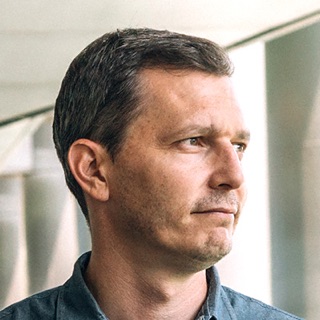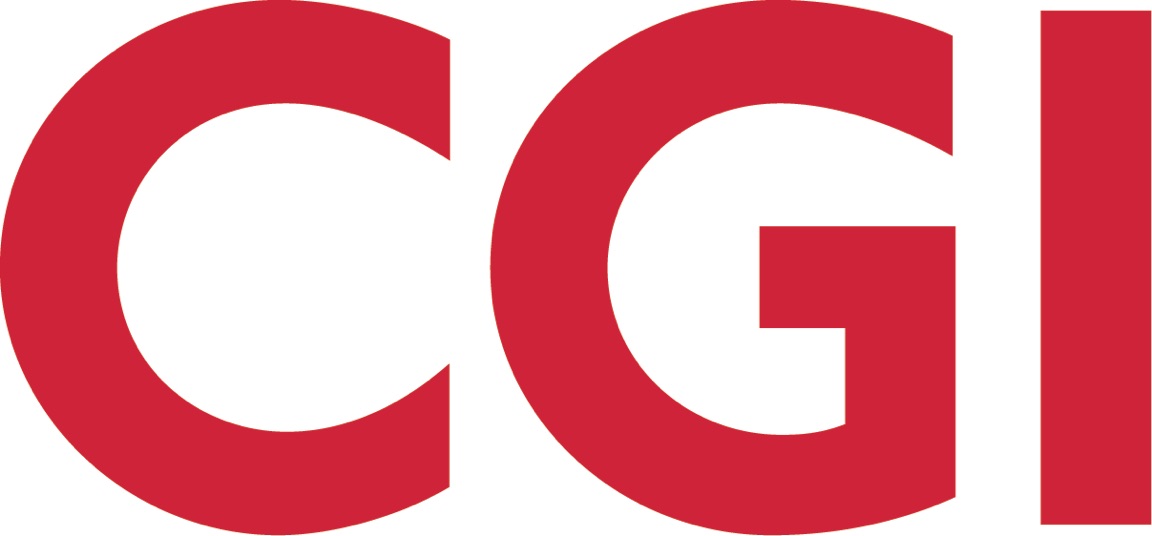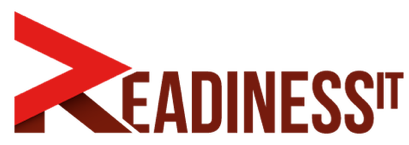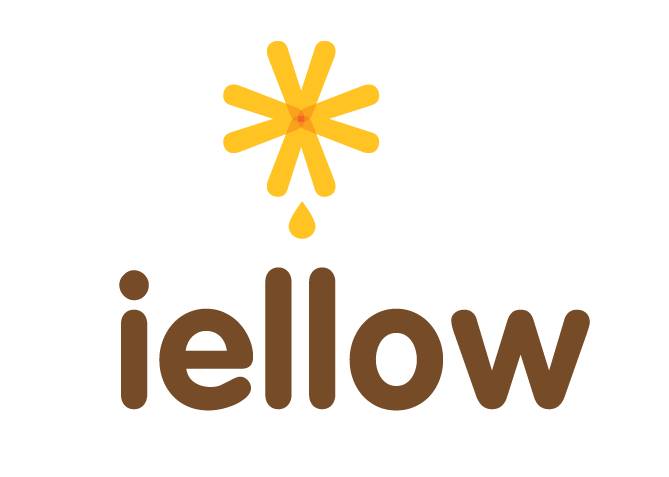-
In 2012, Michael launched dscout, a mobile research platform that the world’s largest companies now use for meaningful insight into moments that matter in people's lives. As dscout’s tools have become a centerpiece for qual+quant exploration by progressive companies, their research and product leaders continuously tap into Michael’s personal passion for making sense of it all. He speaks regularly on innovation and research in the U.S. and abroad.
Prior to leading dScout, Michael served as gravitytank's Managing Partner, steering the innovation consultancy through continuos growth for nearly a decade. He has also led product development efforts at Bay Area start-ups and media companies, including Wired. Michael is an alum of IIT Institute of Design (ID), received a BA from Stanford University. -
Author of:
26
09:00 - 12:30
Room 1We design in screens and interactions, but some of people’s most important experiences with our product occur in real-world moments. Whether users experience our products and services for the first time or the hundredth time, there are pivotal instances when things really resonate and others where they totally break down. Designers have access to analytics data that show us the “what” – what users are doing in relation to our products. But that doesn’t give us the “why” – that data can’t tell us about their reactions, their attitudes, and their pain points in those moments. We can ask them about it later, but people are notoriously unreliable at reporting (or even remembering) their experiences after the fact.
The good news is, we have a host of digital tools at our disposal that can empower us to understand longitudinal journeys, and the critical experiential moments along the way. Based on analog digital diaries of the past, they offer us an amazing opportunity to capture the critical instances of interaction with our products and services that make or break the experiences we deliver.
In this workshop, we will introduce the concept of moments-based research and walk through a practitioner-focused primer on the why, what, when and how of adopting this methodology. We will present real-world examples, and a hands-on exercise with a real data-set that will leave participants with an understanding of the amazing access and insight this emerging approach can yield, as well as the ability to apply it to their own work.
25
10:50 - 11:25
Auditorium ITalk
Design for Bad
As designers, we optimize for the happy path. The applicant gets the job. The girl gets the boy. The service works flawlessly. But of course in many product experiences, the typical path is not necessarily a happy one: bad things happen. We are left-swiped. We fail to get off the couch. We send cover letters and applications into the silent void. These moments can leave us with unhappy users who may choose not to stick around for more frustration and rejection.
As product leaders, Facebook's Katy Mogal and dscout’s Michael Winnick both influence product experiences that risk leaving users feeling rejected or demotivated — even when the overall intent of the service or product is to deliver positive outcomes. As researchers, they decided to work together to see what might be done to create a better, bad experience. They will share a set of principles and stories drawn from their own experiences, primary research conducted on this topic, and interviews with designers in relevant fields from dating to venture capital. They'll uncover the reality of less-than-ideal product experiences, and identify ways to make them less painful and more useful.


























